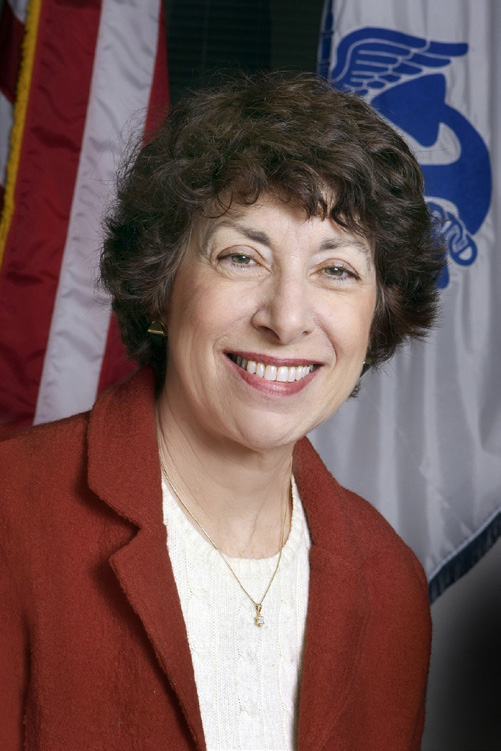
2016 is a landmark year for the endocrine disruption (EDC) field. This year is the 25th anniversary of the Wingspread Conference on environmental endocrine disruption, the 50th anniversary of environmental health research at the National Institutes of Health (NIH), and the 100th anniversary of the Endocrine Society. It is also the 20th anniversary of Our Stolen Future, the bellwether book that drew widespread attention to the endocrine disruption field and the potential for multi-generational impacts.
The Wingspread Conference has proven to be a key turning point in the development of the field of endocrine disruption. It was there that the terms “endocrine disruption” and “endocrine disruptors” were coined. A consensus statement by the meeting participants began with an unequivocal claim: “We are certain of the following: A large number of man-made chemicals that have been released into the environment, as well as a few natural ones, have the potential to disrupt the endocrine system of animals, including humans” (1).
Over the past 25 years, the concept EDCs has risen from a position of total obscurity to become a focus of research, regulation, and public policy. The emergence and development of this field of study has not always followed a smooth path, and researchers continue to wrestle with questions about the low-dose effects and non-monotonic dose responses seen within EDCs, their biological mechanisms of action, the true pervasiveness of these chemicals in our environment and in our bodies, and the extent of their effects on human and wildlife health.
It is now clear that some environmental substances contribute to the burden of disease by interfering with the human endocrine system. For some chemicals, documented health effects have prompted regulatory action to restrict human exposure. Many other potential EDCs, including mixtures of chemicals and chemical exposures in combination with changing diet and stress, are still being studied and still being used in consumer products.
In commemoration of these historic events, the National Institute of Environmental Health Sciences (NIEHS) will be hosting a meeting titled, 25 Years of Endocrine Disruption: Past Lessons and Future Directions, on the main NIH campus in Bethesda MD, September 18-20, 2016. This meeting will chronicle the development of the field of endocrine disruption, highlighting what we have learned about the threat of EDCs and lessons we have learned during the process. It will also highlight perspectives on the future research in the field and opportunities to better protect human health.
The scientific program will include sessions on:
- Scientific Principles Underlying EDCs
- The Mechanisms and Health Effects of EDCs
- EDC Testing and Biomonitoring
- Lessons Learned from EDC Research
- Bridging the Gap: Effects Across Species and Generations
- Translating Science to Action
- Safer Chemicals and Better Research Strategies
- The Next 25 Years: A Discussion on a Safer Future
The meeting will also include an opening session that will honor the founding scientists in the field and a session titled, “Recollections of Wingspread by Attendees.” The meeting is open to the public and has no registration fee. We invite members of the scientific community to attend.
— Birnbaum is the Director of the National Institute of Environmental Health Sciences (NIEHS) and the National Toxicology Program (NTP).

